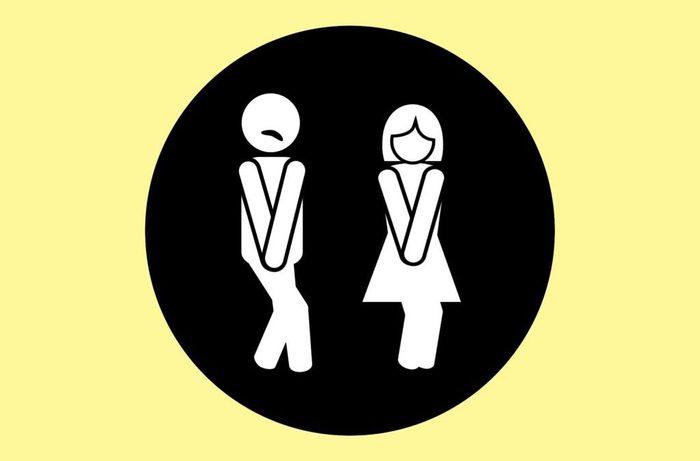
Bladder acting up?
If you’re racing to the bathroom a couple times an hour or waking up frequently throughout the night needing to pee, you’re probably super frustrated. Having to go all the time can be really annoying. Sometimes frequent urination can be linked to medical conditions that shouldn’t be taken lightly. So, if you’re concerned, you’ll want to talk to your doctor to rule out any possible diagnoses.
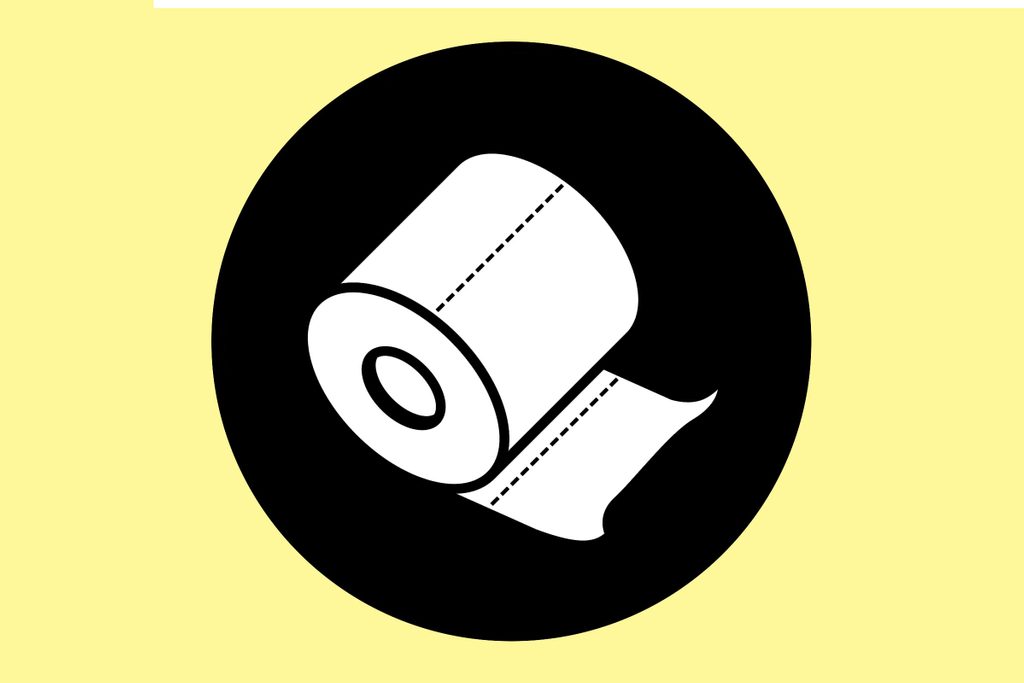
You have a UTI
If you’re needing to pee too often, and it’s happening all of a sudden, it could mean you have a urinary tract infection, says Partha Nandi, physician and author of Ask Dr. Nandi. “Frequent urination can be a symptom of many different problems from kidney disease to simply drinking too much fluid,” he says. “But, when frequent urination is accompanied by fever, an urgent need to urinate, and pain or discomfort in the abdomen, you may have a urinary tract infection.” A urinary tract infection can hit when bacteria makes its way into the bladder, but this can be treated with medication. Don’t miss these 15 silent signs you have a UTI.
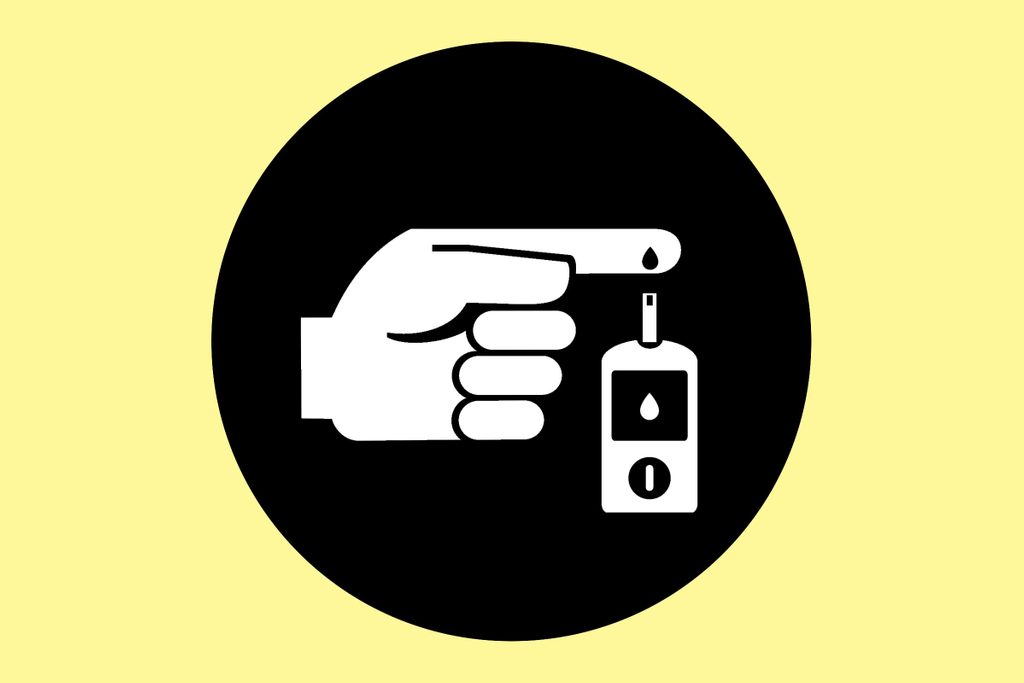
You’re diabetic
Frequent urination, with an abnormally large amount of urine, is often an early symptom of both type 1 and type 2 diabetes, as the body tries to rid itself of unused glucose through the urine. “Excess sugar builds up in the blood and kidneys are forced to filter and absorb the excess sugar. If they can’t keep up, that excess sugar will be excreted into the urine,” says Dr. Nandi. “This causes fluids to be taken from your tissues, and because of this, frequent urination happens, which can cause dehydration.” And, dehydration can lead to serious medical issues resulting in hospitalization, he explains. Here’s when to call in sick to work.
And, as a side note, because excessive thirst is linked to diabetes, and you’re becoming dehydrated from peeing too much, you’ll be drinking more, and then peeing more, over and over, explains Dr. Nandi. A helpful tip for managing fluid intake is to “drink enough to prevent constipation and over-concentration of urine, but avoid drinking just before bedtime, which can lead to nighttime urination.”
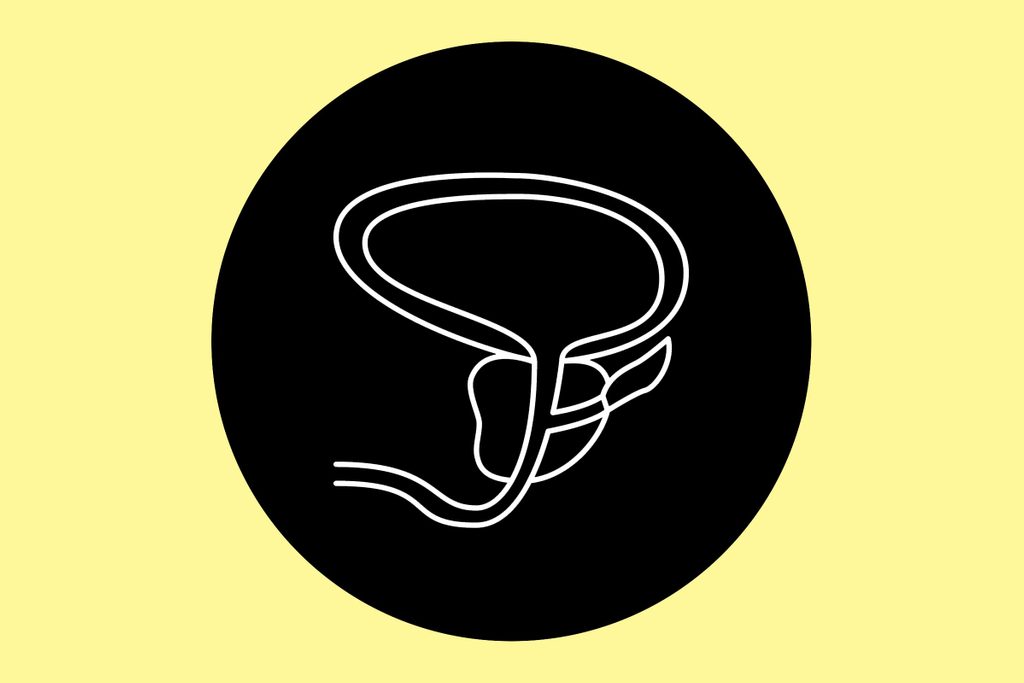
You have prostate problems
“An enlarged prostate can press against the urethra (the tube that carries urine out the body) and block the flow of urine, which can cause the bladder wall to become irritable,” says Dr. Nandi. The bladder can begin to contract even when it contains small amounts of urine, and that can lead to more frequent urination, he explains.
If men suffer from benign prostatic hyperplasia, there is a need to urinate more frequently, especially at night. This condition is called nocturia, and it is defined as having to urinate eight or more times a night, he explains. Plus, when the prostate is enlarged, it puts added pressure on the urethra and bladder, which causes an inability to hold urine, but also difficulty with peeing at ease, he explains.
Check out these 10 things doctors wish they could tell you.
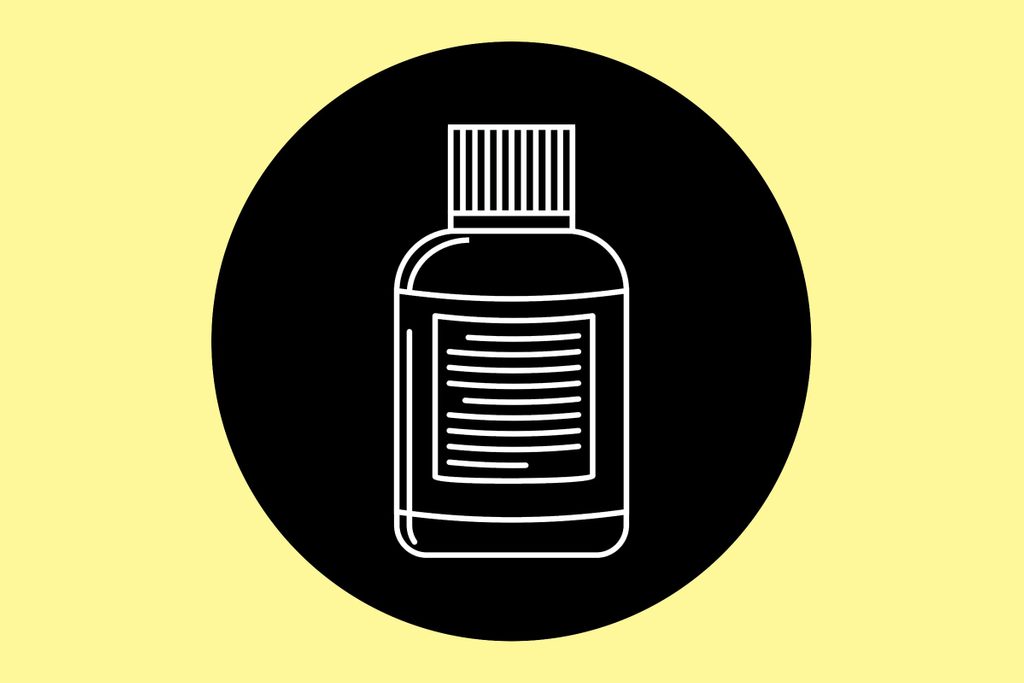
You use diuretics
The purpose of diuretics are to increase your output, so they will make you hit the restroom quite a bit. But, sometimes peeing too much can happen when you’re medically advised to take diuretics regularly.
“These medications that are used to treat high blood pressure or fluid buildup work in the kidney and flush excess fluid from the body, causing frequent urination,” says Dr. Nandi, so it’s important to speak to your doctor to explain your concerns and symptoms.
To mitigate symptoms, keep diuretic foods and drinks to a minimum and do a little diet modification. “You should avoid any food that appears to irritate your bladder or acts as a diuretic. These may include caffeine, alcohol, carbonated drinks, tomato-based products, chocolate, artificial sweeteners, and spicy foods. It’s also important to eat high-fiber foods, because constipation may worsen the symptoms of overactive bladder syndrome,” says Dr. Nandi.
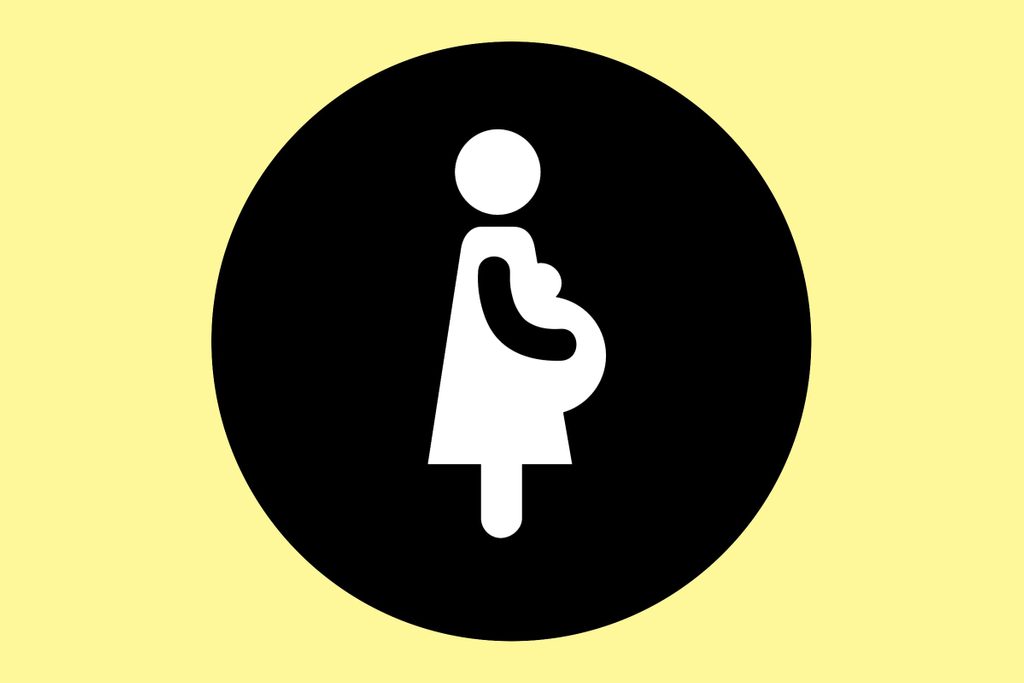
You’re pregnant
During the early stages of pregnancy, hormonal changes can lead to an increased frequency of urination, so it’s common to pee a lot especially during the first trimester. “Later in pregnancy, you can thank your enlarged uterus, which is putting pressure on your bladder. But luckily, these causes of frequent urination during pregnancy are very common, and they are not harmful to mother or baby,” says Nita Landry, an ob-gyn and a co-host on The Doctors.
“Kegel exercises can be helpful, and pregnant women should also avoid excessive caffeine—which will help with frequent urination and prevent other pregnancy related issues,” she says. Side note: Kegel exercises can also benefit men, so feel free to grab your partner and do them together.
“The American College of Obstetricians and Gynecologists (ACOG) advises pregnant women to limit their caffeine intake to less than 200 milligrams per day, which is about one 11-ounce cup of coffee,” she says.
What’s more, pregnant women can also get UTIs, says Dr. Nita. “If a pregnant woman has a UTI, she might not have any symptoms, an increased frequency of urination might be her only symptom, or she might also notice additional symptoms including, but not limited to, the following: burning with urination, cloudy urine, foul-smelling urine, and red, pink, or concentrated urine,” she explains.
Urinary tract infections need to be treated promptly with an antibiotic during pregnancy, because UTIs can lead to very serious problems in both mother and fetus, she adds. After you delivery your baby, you may need pelvic physio if you’re dealing with incontinence issues.
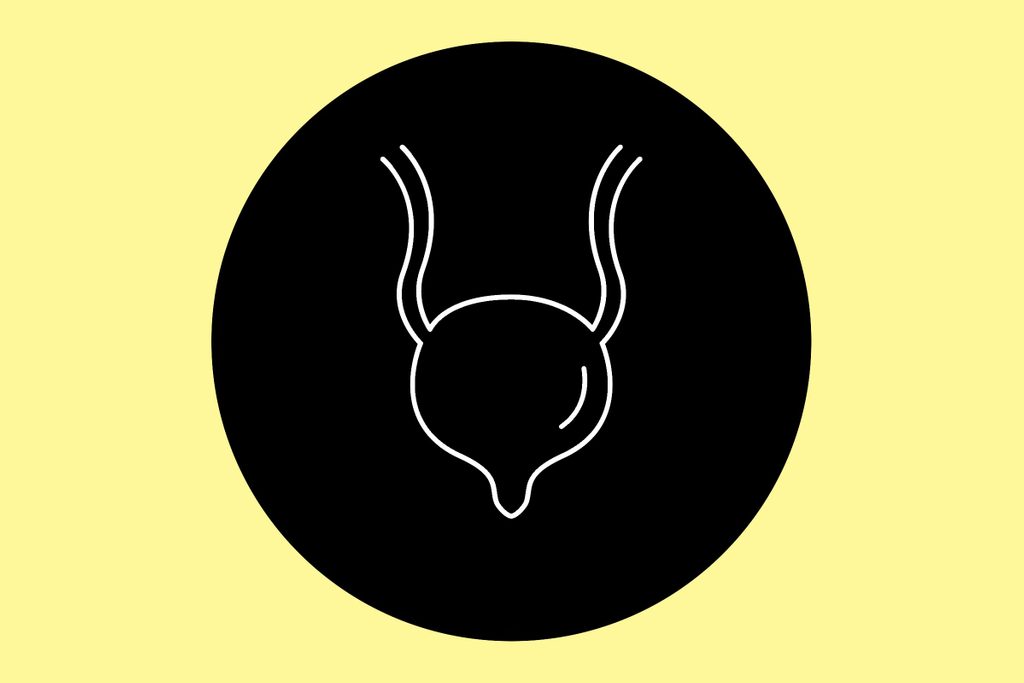
You have overactive bladder syndrome
This can be fairly common: People with overactive bladder syndrome might experience involuntary bladder contractions that lead to frequent and often urgent urination, meaning you get that urge even when your bladder is empty.
A frustrating situation, says Dr. Nandi, as it may also lead you to wake up once or more during the night to use the bathroom. The good news is that treatment can help. Try bladder retraining, says Nandi, which involves “increasing the intervals between using the bathroom over the course of about 12 weeks. This helps retrain your bladder to hold urine longer and to urinate less frequently,” he explains.
Some people find success with Botox, he notes. “Botox can be injected into the bladder muscle, causing the bladder to relax, increasing its storage capacity, and reducing episodes of leakage, and several types of surgery are also available. The least invasive involve implanting small nerve stimulators just beneath the skin. The nerves they stimulate control the pelvic floor and the devices can manipulate contractions in the organs and muscles within the pelvic floor,” he explains.
Be sure to make a few key health tweaks before you reach your 50s.

You have interstitial cystitis
A few signs and symptoms include, “pelvic pain that is alleviated by urination, a persistent need to urinate, and frequent urination,” says Dr. Nita.
According to Dr. Nandi, “Most people will urinate up to seven times a day, but those suffering with interstitial cystitis may urinate as much as 35 to 40 times a day, and many times the actual act of urination will only produce a few drops of urine and the distracting sense of urgency may not always subside after going. This symptom will occur all day and usually throughout the night, which can cause problems with sleep patterns. Plus, pain might be present, and it’ll intensify as the bladder fills up,” he explains.
Unfortunately, the exact cause of interstitial cystitis is not known, but many factors probably play a role. “For example, there might be a defect in the protective lining of the bladder; as a result, a leak in the epithelium might allow toxic substances in urine to irritate the bladder wall. Additionally, there might be a genetic cause or an infectious etiology,” Dr. Nita explains.
Regarding treatment, not every patient will respond, she cautions. But your doctor might recommend the following: Oral medications, nerve stimulation techniques, bladder distension (filling the bladder with water), medications instilled into the bladder, surgery, or acupuncture, which might also provide some relief, she says. Here are 13 things your vagina wants you to know.
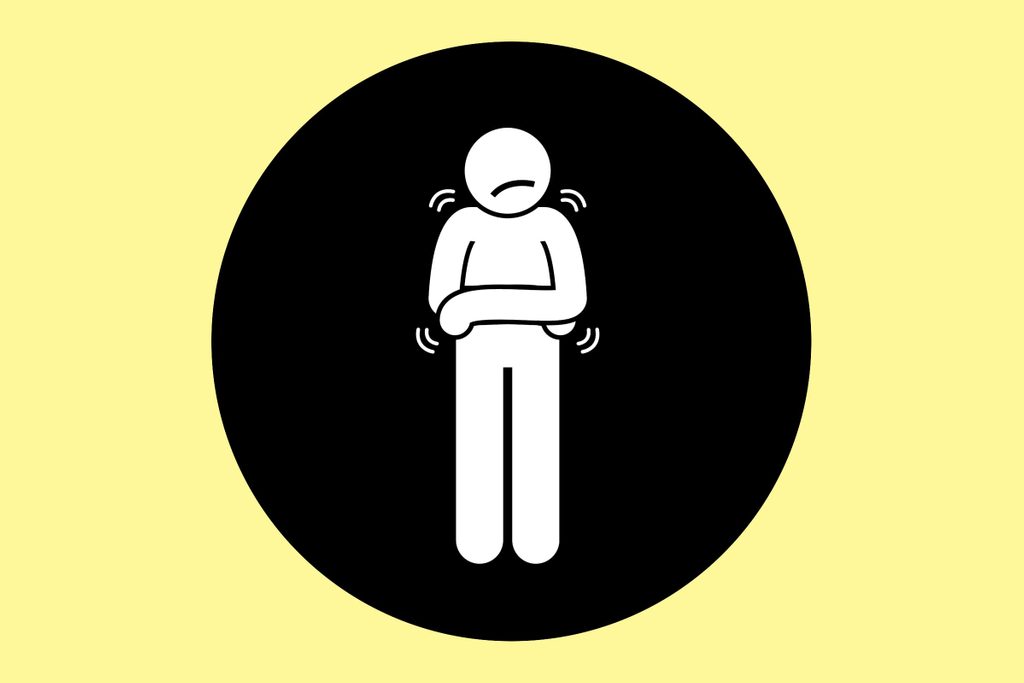
You’re anxious
Sometimes a few butterflies in your belly can cause you to leak or run to the bathroom too often. “Being nervous or having anxiety can lead to frequent urination,” says Dr. Nita. “Typically, your bladder continues to expand until it is full. Then, the bladder sends a signal to the brain that it’s time to urinate. And usually, we can suppress the sensation until it is convenient to void, but when people are anxious, the bladder can become more active,” she explains. You can solve this one by taking steps to manage your anxieties. Some options include stress reduction, meditation or relaxation techniques, yoga, and pelvic floor physical therapy.
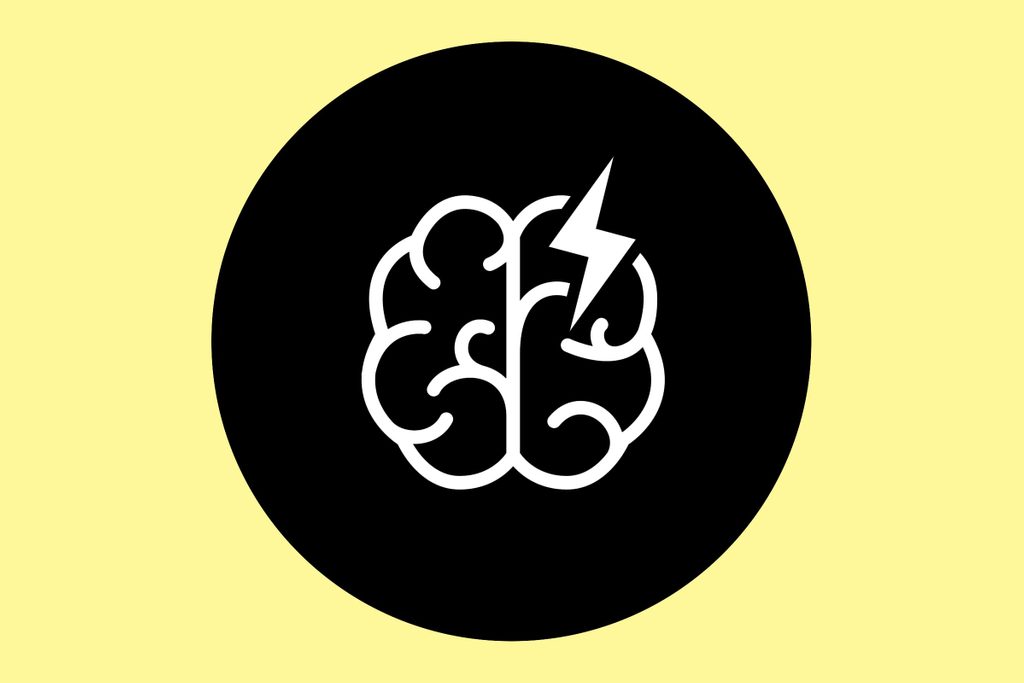
You suffered a stroke
Having a stroke can sometimes damage nerves in the bladder and lead to excess urination. Since the muscles used to urinate may be affected, which can cause bladder control issues, a urinary catheter may be needed to resolve the frequent urge, says Nandi.
Yet, there’s an issue with catheters. Unfortunately, they can cause urinary tract infections. And, if the muscle stays affected, the UTIs can become chronic and cause more issues with quality of life, later on, he cautions. So, you’ll want to speak to a doctor to figure out your most opportune game plan.
